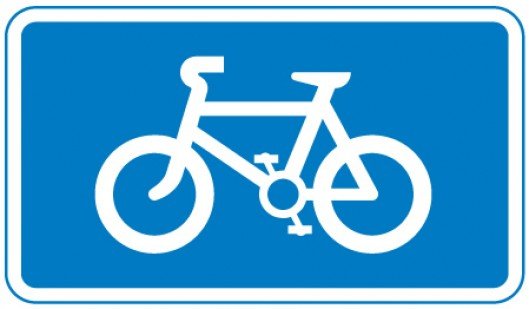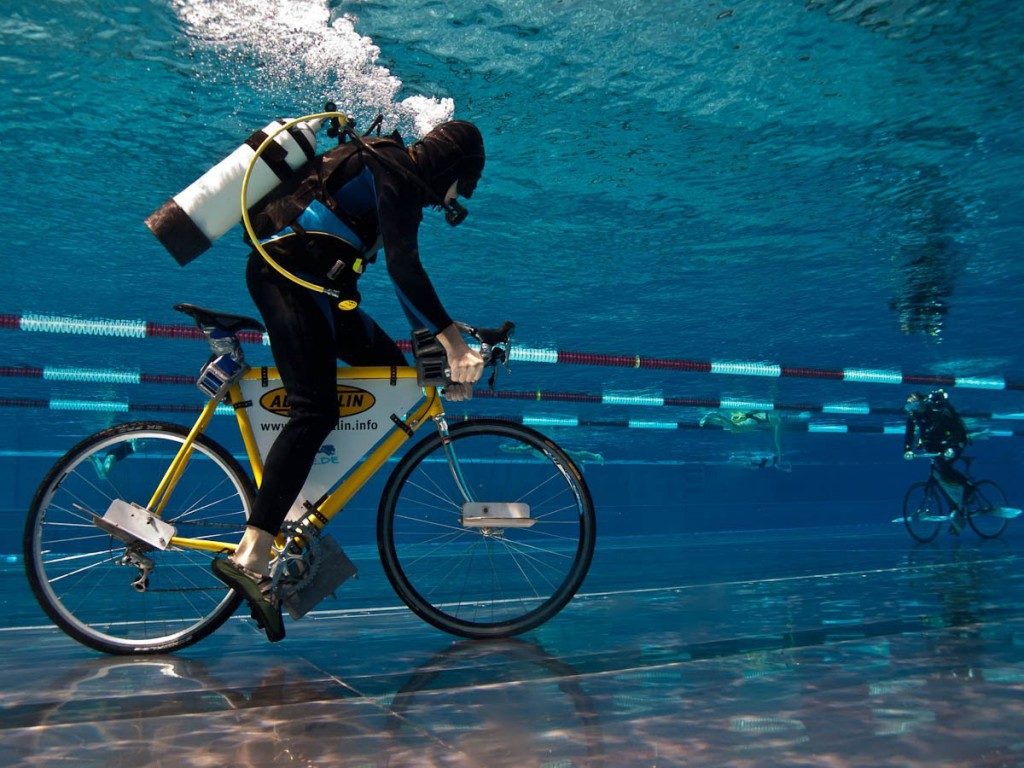Many articles have been written citing the dangers of “reckless” or “unregulated” cyclists, which are usually full of scaremongering and devoid of facts. It’s clear that there’s a lot of confusion surrounding which laws do or do not apply to cyclists, so we’ve taken a closer look at some of the UK’s cycling laws.
We’ll start with a disclaimer. While many of the laws that apply here in the UK seem like common sense, it’s worth checking the small-print so you’re not caught out on a technicality. Some regulation regarding cycling on the UK mainland does not apply to Northern Ireland, with e-bikes being a good example.

Helmets
Helmets are not a legal requirement, and in fact research suggests that mandatory helmet laws would discourage more people from taking up cycling. The helmet vs no helmet question is very much a passionate subject of debate amongst cyclists, with legitimate points on both sides. Personal preference usually ends up being the deciding factor for many.
Brakes
UK law requires bicycles to have two braking systems: one at the front and one at the back. It is the responsibility of the rider to make sure they are both in working condition. A fixed wheel counts as a braking system operating on the rear wheel, so a fixie is legal assuming that it also has a working front brake. Many courier cyclists in the city use fixies with no front brake unaware that they’re illegal, and they are very popular in Europe’s busiest cycling cities.
Lights & Reflectors
Apart from brakes, lights and reflectors are the only other piece of equipment legally required for you to ride on the road. Unlike with cars, the lighting laws are determined by sunset and sunrise times, so make sure you have your white front light and rear red light on at all times between sunset and sunrise.
Many cyclists are unaware that under UK law, pedals are required to have amber reflectors. We can’t think of any clipless pedals to come with these reflectors, and a reflective heel or ankle strap does not count as a replacement for the required four amber pedal reflectors. Certainly worth checking if you’re riding after dark.
Highway Code

You absolutely must obey the Highway Code while riding your bike on the road, and it is an offence to disobey traffic lights and signals. Cyclists are routinely accused of flouting the law, particularly when it comes to stopping at red lights. It only takes one bad egg to make us all look bad, and if caught in the act, riding through a red light is usually dealt with by fixed £50 spot fine.
While riding on pavements is an offence, police officers have been advised to acknowledge that you’re likely to be doing so with good reason, for example if the cyclist fears for their safety on the road, or if the cyclist is a young child. Ultimately, it’s down to police discretion, so be responsible and ride with consideration to other pavement users. If you’re stopped by a police officer, remember it’s left to their discretion, and be polite (not that we’d ever recommend being impolite).
Although many drivers don’t like it, riding two abreast is legal in the UK and can even help motorists pass larger groups of riders more easily. The highway code requires cyclists “ride in single file on narrow or busy roads and when riding round bends”, but offers no definition for any of these scenarios, so ultimately it is up to the cyclist’s best judgement.

Taxes and Insurance
Often bemoaned by drivers but celebrated by cyclists, there are no taxes to be paid, tests to be taken or registrations to be registered when cycling. You can simply get on your bike and go. That being said, specific insurance such as our bicycle insurance offers you damage cover and public liability, so that you’re protected if you’re involved in an incident on the roads.
Legislation regarding e-bikes has recently changed in Northern Ireland. Pedal assisted e-bikes 25km/h-250W are now considered a motor vehicle and users must register their e-bikes with the DVLA, must tax and insure them, must have a driving licence, and must use an approved motorbike helmet. Due to the backlash, legislation to reverse this is currently underway.
Cycling under the influence
Did you know that you can get a fine of up to £1,000 if you are found to be unfit to cycle? This might not be the end of your troubles however.
If you are found to be under the influence of drugs or alcohol and deemed unsafe, courts could use a general power under the Power of Criminal Courts (Sentencing) Act 2000 where you can be disqualified from driving for any offence, including a cycling offence. Definitely something to think on while unlocking your pub bike.
Some little known UK laws also mean that you’re legally required in Northern Ireland and the Isle of Man to have a bike bell, and it is forbidden anywhere in the UK to give someone a piggyback ride. What’s more, cyclists cannot ‘officially’ break speed limits as these are only for motor vehicles (though that’s not an invitation to try!). We have come across cyclists being fined for cycling over the speed limit by police.
Ways in which you could be fined for misbehaving on the road
- Careless and inconsiderate Cycling: If a person rides a cycle on a road without due care and attention, or without reasonable consideration for other people using the road, they are guilty of an offence. The fine for careless cycling is £1,000 and a maximum of £2,500 for dangerous cycling.
- Causing injury by cycling furiously: This applies to legislation that dates back to 1861 and carries a 2 year prison sentence if found guilty. It applies to drivers of vehicles or carriages, including bicycles.
- Cycling furiously (no injury caused): You can get up to a £1,000 charge for cycling furiously, or for cycling too fast for the conditions you are in.
Thinking of cycling abroad? Make sure you know these laws
Definitely don’t drink and ride in Germany! If you’re caught cycling under the influence, you can have your driving licence revoked.
In Nebraska, it is illegal to ride two abreast.
In Galesburg, Illinois, “fancy riding” is prohibited. This includes removing both feet, both hands, or generally doing any sort of showing off.
It’s illegal in the state of Wisconsin and the whole of Austria to remove your hands from the handlebars whilst riding, while in Mexico you can’t remove your feet from the pedals.
It used to be illegal to cycle standing up in Australia: a law many didn’t know existed until it was revoked.
In Ontario, it’s illegal to attach a siren to your bike. This could have made life easier for Brits in 1888, when you were required to ring a bell continuously whilst cycling.
It was illegal for women to cycle in North Korea until 2012 and in Saudi Arabia until 2013. Even now, however, women cycling in Saudi can only do so in recreational areas and must be accompanied by a male relative.
And finally, in Baldwin Park, California, it’s illegal to ride a bicycle in a swimming pool. Guess there won’t be many underwater cycling record holders from California then!
